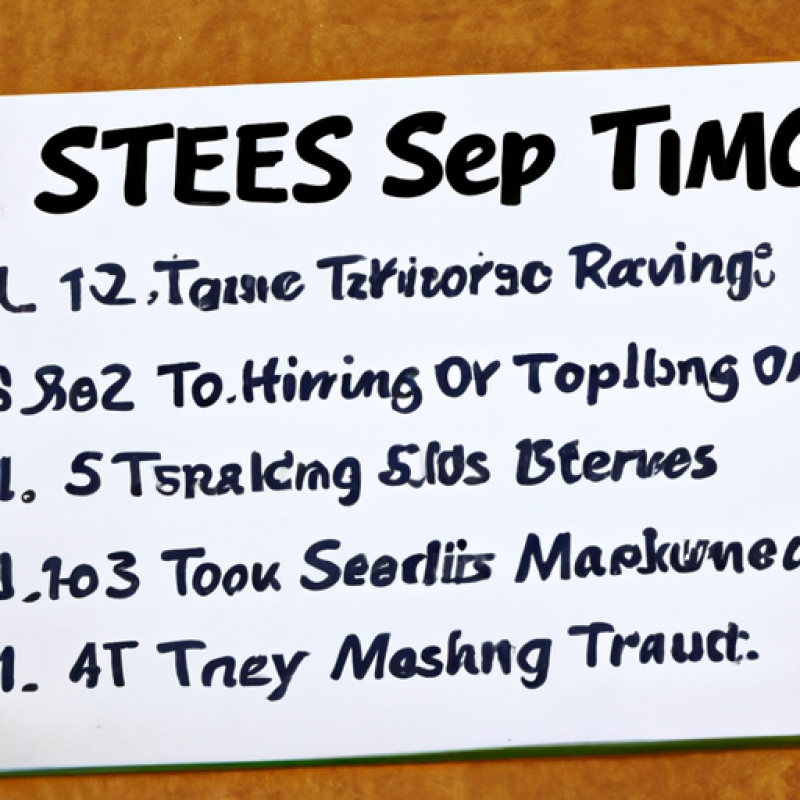Singapore is known for its strict property tax rules and regulations. With the country’s high cost of living, it is important to understand the rules and regulations in order to make the most of your property investments.
Property tax in Singapore is based on the Annual Value (AV) of the property. The AV is determined by the Inland Revenue Authority of Singapore (IRAS) and is based on the estimated annual rental income of the property. The tax rate is determined by the AV and the owner’s residential status.
For Singapore citizens and permanent residents, the tax rate is between 0.4% and 16%. For non-residents, the tax rate is between 10% and 20%. The tax rate is also affected by the type of property. For example, residential properties are taxed at a lower rate than commercial properties.
In addition to the property tax, there are also other taxes that may be applicable to property owners. These include stamp duty, which is a tax on the transfer of property, and the Goods and Services Tax (GST), which is a tax on the sale of goods and services.
Property owners in Singapore are also required to pay a property tax surcharge. This is a tax on the value of the property and is based on the AV. The surcharge is applicable to all properties, regardless of the owner’s residential status.
Finally, property owners in Singapore are also required to pay a property tax rebate. This is a tax credit that is available to property owners who meet certain criteria. The rebate is based on the AV of the property and is available to Singapore citizens and permanent residents.
Understanding Singapore’s property tax rules and regulations is essential for anyone looking to invest in property in the country. Knowing the applicable taxes and rebates can help you make the most of your property investments.





Discussion about this post